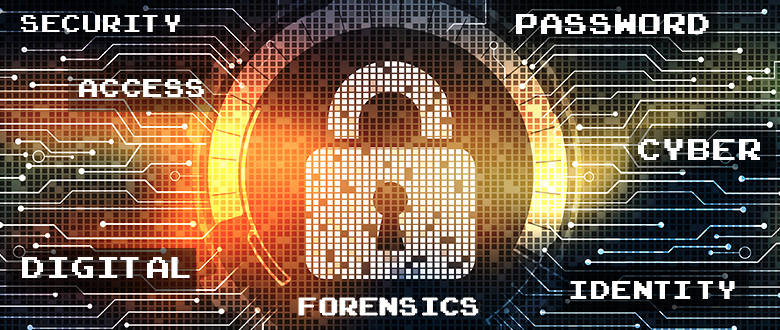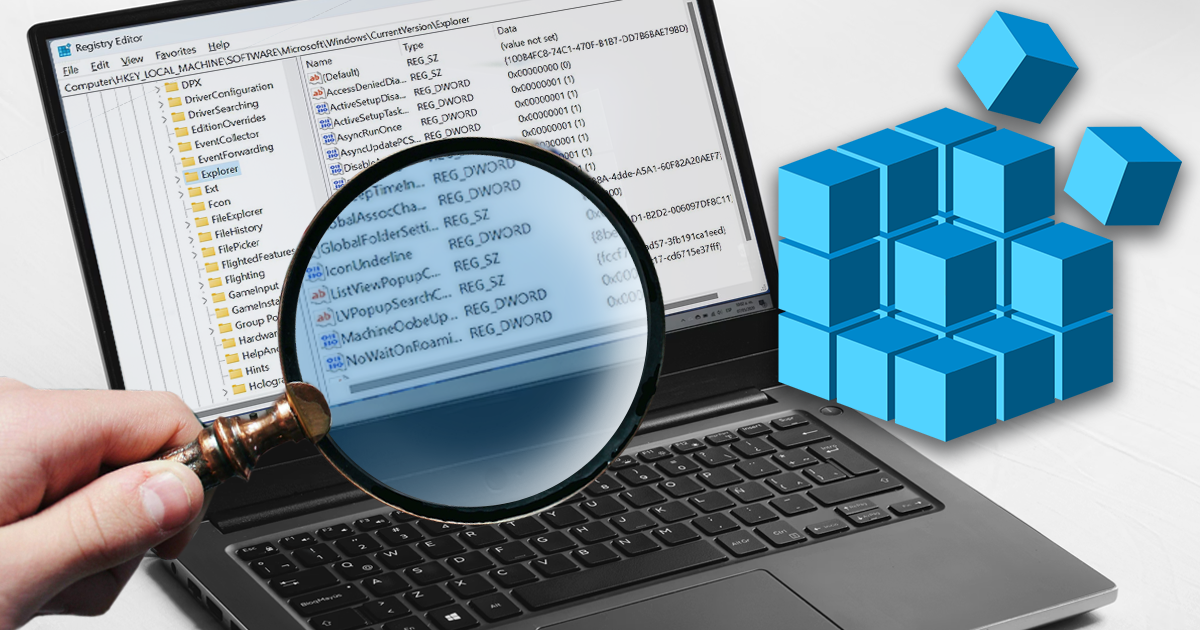In a controversial move, Apple is implementing major changes to its U.S. iOS App Store policies, granting developers the ability to direct customers to non-App Store purchasing options for digital goods. This update permits users to make in-app purchases through an alternative method. However, Apple will continue to collect a commission ranging from 12 to 27 percent on content purchased through this avenue, providing only a 3 percentage points commission cut compared to purchases made through the official Apple App Store.
When equipping a forensic lab, having a diverse set of tools is extremely important due to their diverse, rarely overlapping capabilities, and the need for cross-checking the results. With that many tools, compatibility is crucial. This is why we went a long way to ensure that any data extracted with our mobile forensic tools can be opened in many popular forensic analysis tools.
In the world of digital forensics, there are various ways to analyze computer systems. You might be familiar live system analysis or investigating forensic disk images, but there’s yet another method called cold system analysis. Unlike live analysis where experts deal with active user sessions, cold system analysis works differently. It’s like a middle ground between live analysis and examining saved images of a computer’s storage. But why and when would someone use cold analysis? What can you do with it, and how does it compare to the usual methods?
Elcomsoft iOS Forensic Toolkit (EIFT) is a powerful software designed to acquire data from various Apple devices, ranging from iPhones to HomePods. However, to make the most of this tool, you’ll need more than just the software itself. In this article, we will quickly review the mandatory and optional accessories that are essential for the effective use of the product.


